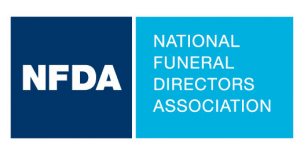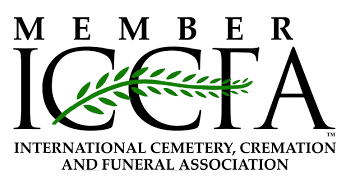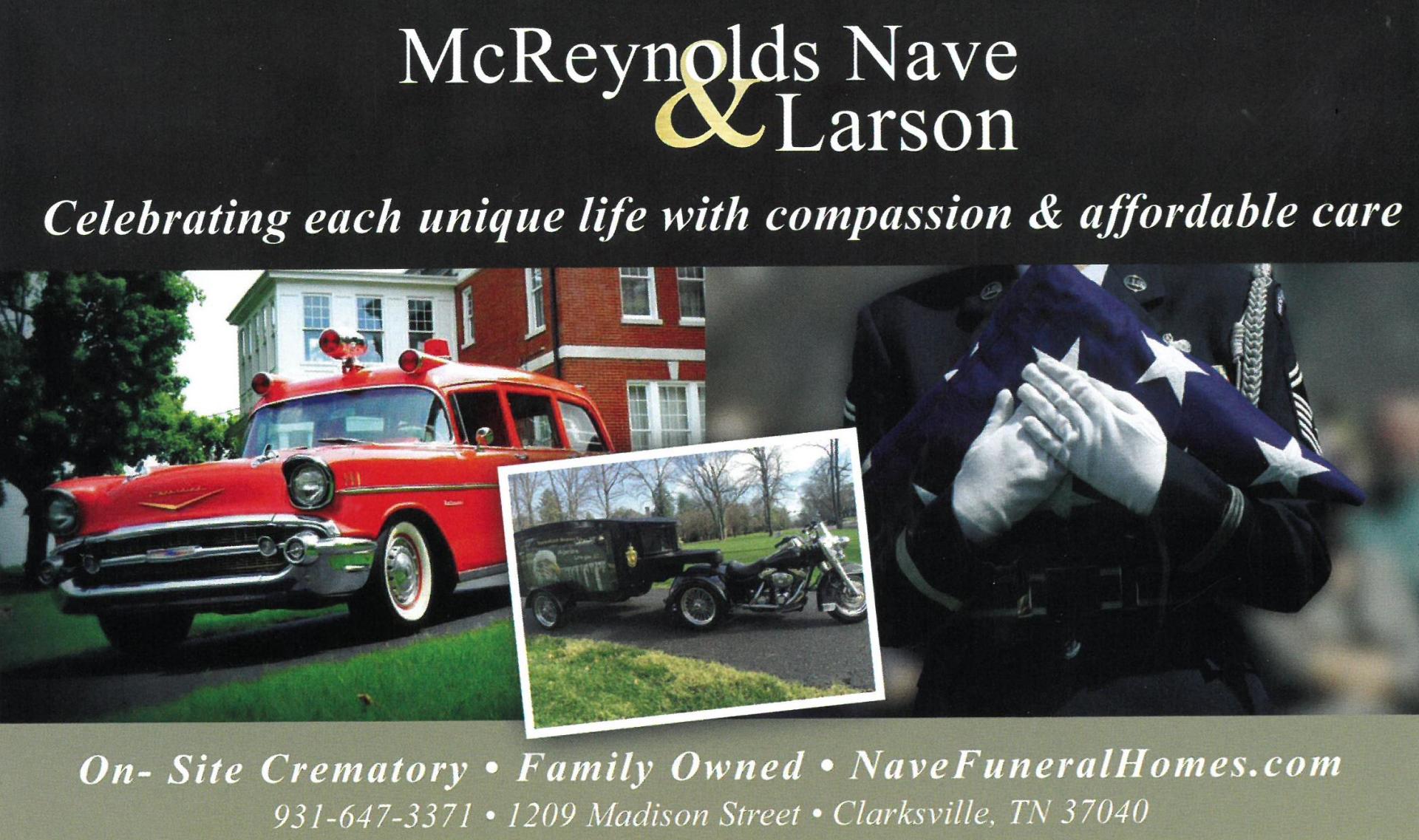A Guide to Advance Directives
We spend a lot of time talking about the importance of living responsibly, which involves preparing for the realities of life. While we believe making the decisions involved in funeral pre-planning is one reflection of a responsible mindset, we also know the critical importance of completing an advance directive .
What is an Advance Directive?
Sometimes called advance care directives, this document ensures that your wishes will be carried out in the future.
Defined as "a written statement of a person's wishes regarding medical treatment," advance directives, when properly signed and witnessed, will provide guidance for medical and health care decisions in the event the individual becomes incompetent and can no longer make such decisions.
Other Things to Know About Advance Directives
- Advance directives are legal throughout the United States.
- Governing laws vary so be sure to obtain an advance directive that complies with your state's laws.
- You do not need an attorney to complete an advance directive.
- If you reside in more than one state, you should complete an advance directive for each state where you spend a significant amount of time.
- There are no time limitations on advance directives. A signed advance directive remains in force until a new one is completed.
- Periodically review your advance directive to make sure it still reflects your desires. If it doesn't, don't try to amend it; simply complete a new one.
- Paramedics and emergency medical technicians cannot recognize or honor a living will or medical power of attorney. They are obligated to do their best to stabilize the patient and get them to the hospital. When you are in the care of hospital personnel, your advance directive becomes valid.
What's Involved in Preparing an Advance Directive?
It requires thoughtful introspection and conversation with family members. The American Bar Association describes the process this way: "Good advance planning for health care decisions is, in reality, a continuing conversation about values, priorities, the meaning of one's life, and quality of life."
There are many resources available online to assist and guide you in writing your Advance Directive.











